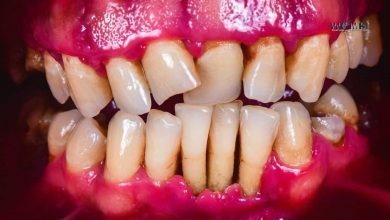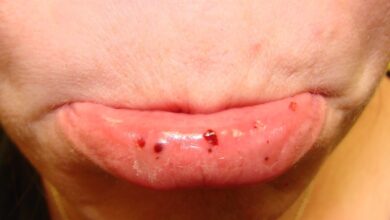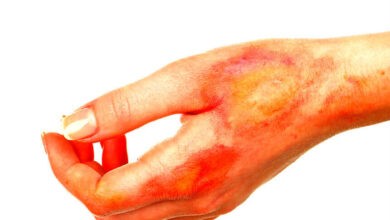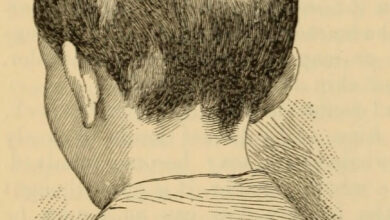Beginners Guide To Arthritis
Arthritis is a common illness that causes inflammation of joints, muscles, tendons, ligaments or bones, causing painful swelling and restricted movement.
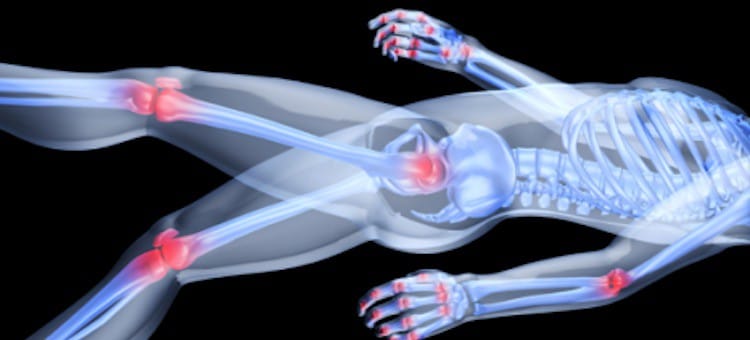
Arthritis can affect one joint or several. There are over 100 known framework of arthritis; each has different causes and requires a different course of treatment.
Arthritis and other rheumatic diseases appear to be more prevalent in women than men and in adults who are overweight. They are also associated with old age as osteoarthritis occurs more frequently in people over the age of 65. However, arthritis can impinge people of all ages.
The symptoms associated with arthritis usually progress over time. Arthritis is commonly observed in adults over the age of 60. Arthritis is known to also develop in children and younger adults. Arthritis is more bourgeois in women than men and in those who may be overweight.
- Osteoarthritis is the most natural form of arthritis: it causes the cartilage inside of the joint to break down, making movement more painful and difficult. Sometimes this causes the bones of the joint to rub directly, causing severe pain. Pain intensity differs between people and can range from mild to severe.
- Rheumatoid Arthritis: Causes the joints as well as other organs to be attacked by your immune system. In people who have autoimmune diseases such as rheumatoid arthritis, it becomes overexcited and may attack healthy tissue. With time inflammation may damage it permanently.
- Fibromyalgia: Presents as central pain syndrome characterized by widespread pain. It may come and go or be firm. Spinal cord and brain process pain differently. The movement that doesn’t cause pain usually can be painful (allodynia) symptoms like sleep issues, fatigue, lack of concentrate and mood swings.
Other forms of arthritis include:
- Gout: This is a type of inflammatory arthritis. Note that gout does not cause body-wide inflammation. A body produces uric acid in large quantities and not able to remove the excess fast enough. This then builds up in the blood-forming crystals in joints. The consequence is excruciating joint inflammation. Gout often starts in the big toe and can also spread to other joints.
- Lupus: A chronic autoimmune inflammatory disease affecting parts of the body. These include kidneys, blood, skin, brain and as well as other organs. It may trigger joint pain, constant fatigue, hair loss, and possible sensitivity to light as well as fever and kidney problems.
- Back Pain: Ankylosing spondylitis causes the bones of the spine to grow together.
- Scleroderma: An autoimmune disease causing the thickening and hardening of the skin and other connective tissue
- Juvenile idiopathic arthritis: Causes inflammation and stiffness of the joints. Also known as paediatric rheumatic disease, covers the many autoimmune and inflammatory plight or pediatric rheumatic diseases that can thrive in children under the age of 16. Children often grow out of juvenile idiopathic arthritis
Causes of Arthritis
This varies according to the type of arthritis. Osteoarthritis is hatched by wear and tear on the joints or from overuse. Other forms of arthritis can be triggered by the body’s autoimmune system attacking its tissue. Arthritis can be genetic. People with the HLA-B27 genetic marker have a higher risk of developing ankylosing spondylitis. For many other forms of arthritis, the cause remains unknown.
Risk Factors Associated With Arthritis
Some of the primary risk factors associated with arthritis, which cannot be changed or avoided, include:
- Age: The older you are, the more believable you are to develop arthritis
- Gender: Women are more likely to develop arthritis than men
- Heredity: Some forms of arthritis are linked to genetic triggers
Some risk factors associated with arthritis, which can be changed or modified include:
- Weight: Being overweight impacts knee joints making them more prone to osteoarthritis
- Injury: A damaged joint is more prone to develop arthritis
- Infection: Reactive arthritis can affect joints after an infection
- Occupation: Jobs the require continual bending or squatting can lead to knee arthritis
Common Arthritis Symptoms
Each individual may display different symptoms; however, the most common symptoms include:
- Recurring joint pain
- Warmth or redness in one or bounteous joints
- Swelling and stiffness
- Trouble moving normally
Arthritis symptoms can mimic other health-related issues. If in doubt slate a consultation with your local health care provider.
Diagnosing Arthritis
After reviewing your physical, medical and family history, there is a range of tests that may prove helpful in diagnosing arthritis:
- Antinuclear antibody test checks antibody levels in the blood
- Blood count to check for abnormalities in white and red blood cells and platelet
- Creatinine checks kidney function
- Sedimentation detects infection
- Hematocrit measures the chauffer of red blood cells
- Rheumatoid factor test looks for rheumatoid factor in blood
- White blood cell level check
- The uric acid test to look for gout
Potential Complications From Arthritis
As arthritis causes the joints to degenerate over time, arthritis can cause painful movement, which can become disabling, leaving sufferers less able to live a healthy daily life or care for themselves.
Living With Arthritis
While there is no treatment for arthritis, there are ways to reduce inflammation and manage pain. A change in lifestyle can improve sufferers’ quality of life and complement medication and therapy:
- Weight loss; Reduces stress on the knee and hip joints
- Exercise: Swimming, walking, low-impact aerobics, yoga and stretching can help reduce joint pain and stiffness
- Rest and Activity: Alternating between rest and activity helps reduce stress on joints, thus mitigating its symptoms
- Canes, walkers can help minimize joint stress
- Reachers and grabbers can limit stress on joints
- Managing medication: Long term use of anti-inflammatory medicines can lead to stomach bleeding
Consult Your Physician
If your symptoms of arthritis get poor or new ones present, consult your local physician.
